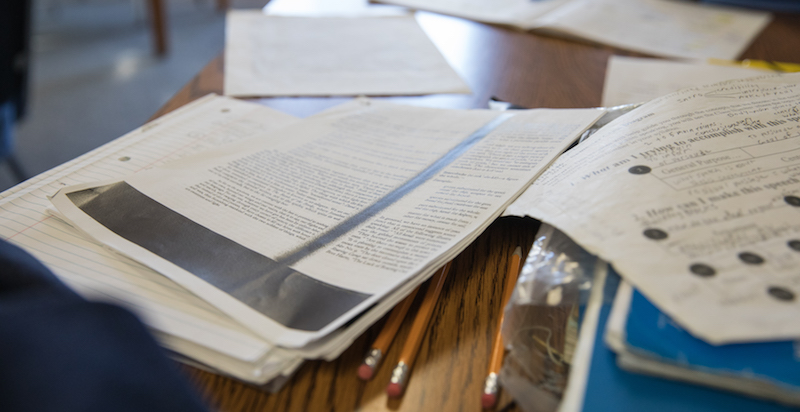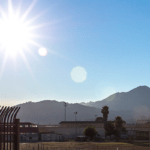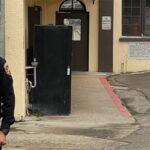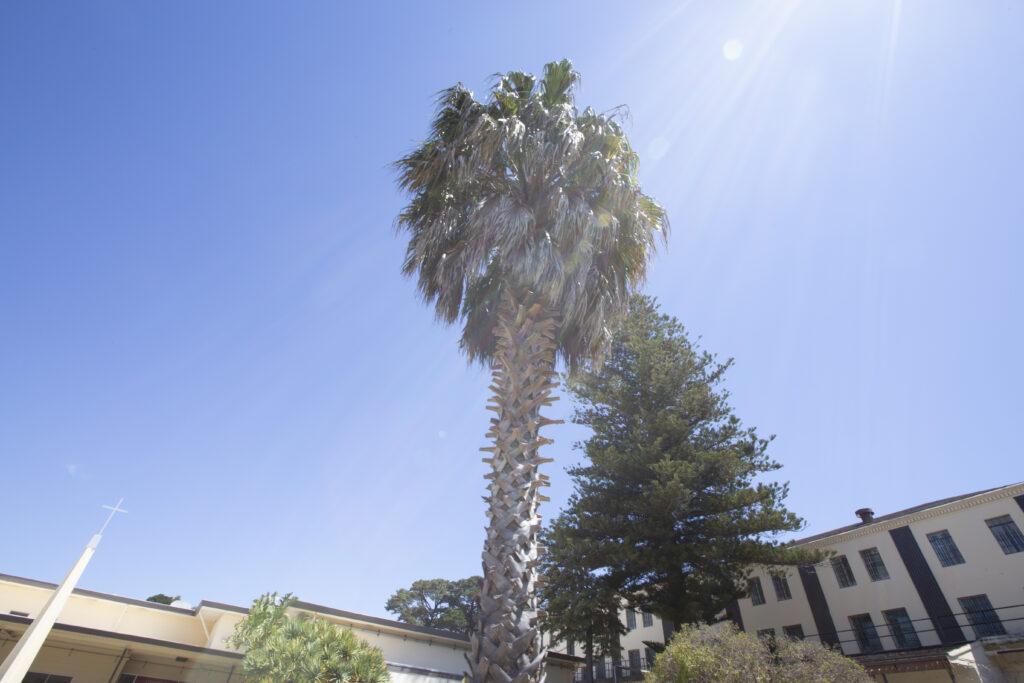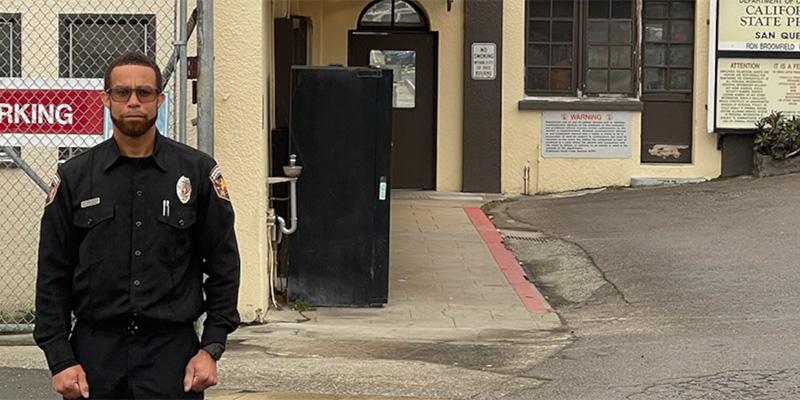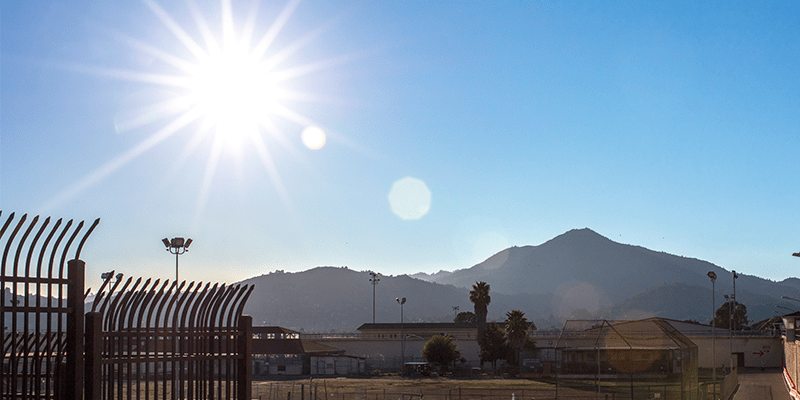On October 5, the Prison University Project will host an academic conference at San Quentin State Prison in which incarcerated students and outside scholars will exchange ideas about “Corrections, Rehabilitation, and Reform.” This will be one of the few academic conferences ever held inside a prison in the U.S., and we are eager to broker a dialogue in which academic scholarship and those within the sphere of the criminal justice system support and improve one another.
In an era in which “rehabilitation” is increasingly rewarded but nevertheless difficult to quantify, in which prison populations increase at the same time as abolitionist movements intensify, and in which racial and economic injustice are prime contributors to prison overpopulation, it is urgent to generate new ideas. While many scholars outside of prison focus on just these questions, we posit that the answers are inadequate until incarcerated scholars are able to weigh in on the debates that shape their own lives and futures. This conference seeks solutions for the ills of the criminal justice system in the U.S. that came about in the 20th century. We believe that if incarcerated Americans come together with scholars from the outside, we might generate valuable debates and ideas about the direction that 21st century reform might take.
The Prison University Project has been running a college for people incarcerated at San Quentin State Prison since 1996. We run twenty classes each semester and have over 700 active students. The mission of the Prison University Project is to provide excellent higher education to people at San Quentin; to support increased access to higher education for incarcerated people; and to stimulate public awareness about higher education access and criminal justice.
Panels will range from the practical, to the theoretical, to the programmatic; possible topics may include, but certainly will not be limited to, the following:
Practical
-Social isolation and education
-The school-to-prison pipeline
-Educational goals and incarcerated students
-Social and cultural relevance in curricula and faculty training
-The place of technology in incarcerated spaces
Theoretical
-Socio-biology and criminal behavior
-Cognitive biases in the criminal justice system
-Communitarian, civil-society oriented approaches to incarceration
-The impact of prison higher education on individual and social behavior
-The impact of academic culture on social behavior and expectations
Programmatic
-The meaning of resilience
-Uses of technology in prison education
-The role of technology in alternatives to incarceration
Please note that the Prison University Project became Mount Tamalpais College in September 2020.
